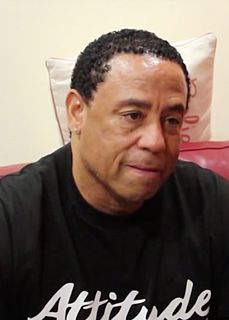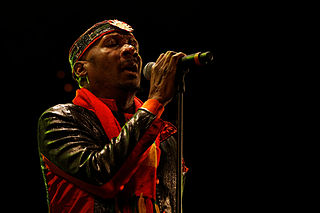A Quote by Joseph Heller
Fortunately, just when things were blackest, the war broke out.
Related Quotes
It was a wonderful time to be young. The 1960s didn't end until about 1976. We all believed in Make Love Not War - we were idealistic innocents, darling, despite the drugs and sex. We were sweet lovely people who wanted to throw out all the staid institutions who placed money and wars above all else. When you're young you think that's how life works. None of us were famous, we were broke. We didn't think they'd be writing books about us in 30 years. We were just kids doing the right thing.
During my childhood and teenage years, everything I knew was at war. My mother and father were at war. My sister and I were at war. I was at war with my atypical nature, desperately trying to fit in and be normal. Even my genes were at war - the cool Swiss-German side versus the hot-headed Corsican.
George Kennan is another extreme case. He was the American consul in Berlin until the war between Germany and the United States broke out in December 1941. And until then he was writing pretty supportive statements back stressing that we shouldn't be so hard on the Nazis if they were doing something we didn't agree with - basically repeating the idea that they were people we could do business with.





































